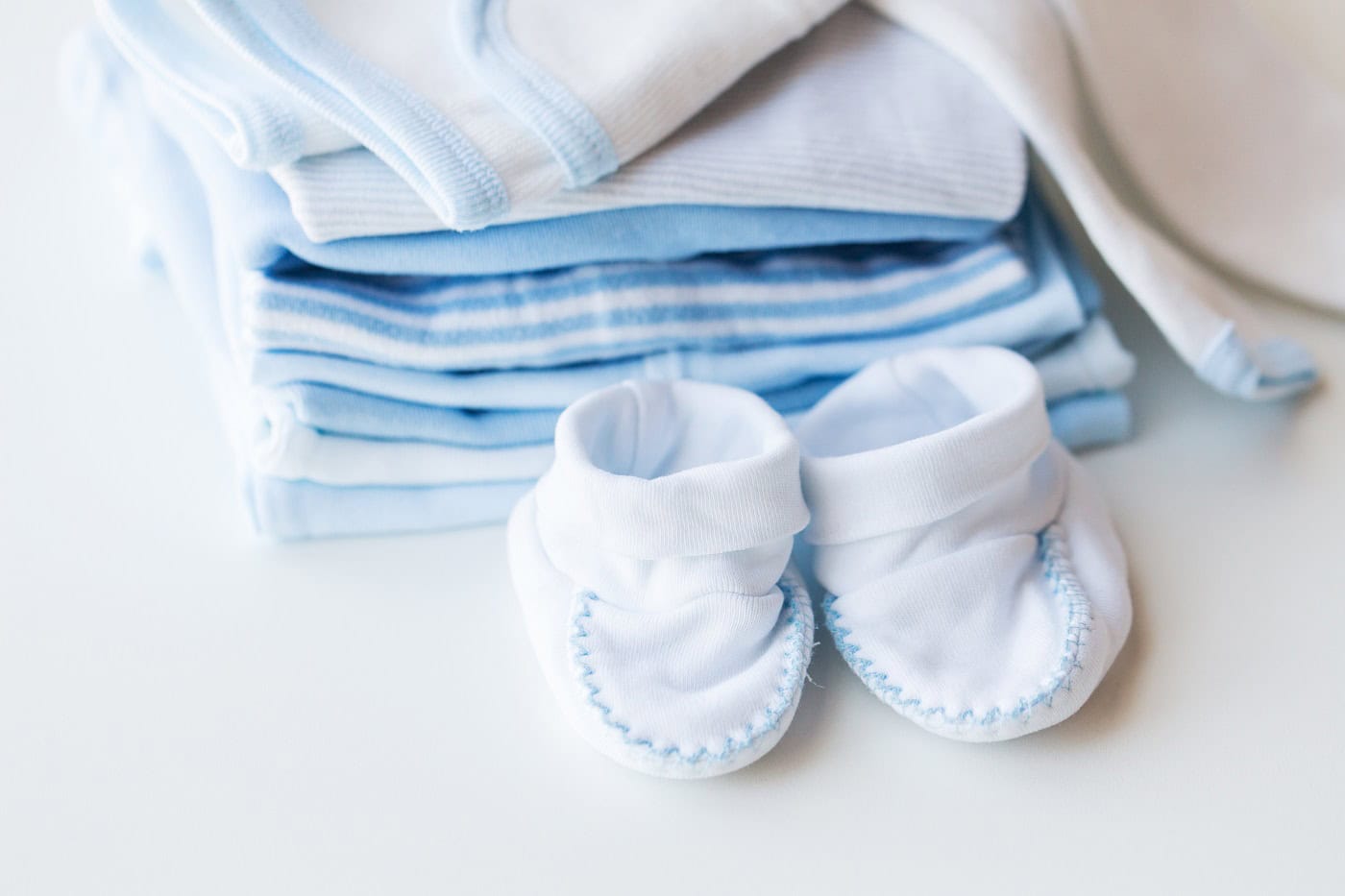
Tragic death of Baby Clay at Doncaster Royal Infirmary
I was so sad to read about the tragic news of the death of baby Clay, son of Beth and Dan Wankiewicz. They are rightly seeking answers about why their son died shortly after his birth at Doncaster Royal Infirmary.
Following a day of labour, baby Clay had still not been born. The BBC have reported that a junior doctor attempted to deliver Clay with forceps, advised by a consultant on the phone. This was not successful and there was a further delay before a c-section finally took place. Sadly, despite attempts to resuscitate Clay, his devastated parents were informed that he had passed away.
A midwife reported to the family that she was pressurised by other staff to say Clay was stillborn but she thought he was born alive as she had heard a heartbeat. An inquest is going to be held soon.
BBC Investigation
The BBC have unearthed a 2016 review of maternity care at Doncaster Royal Infirmary carried out by the Royal College of Obstetricians and Gynaecologists (RCOG) which flagged serious patient safety concerns. Shockingly, this report was never published.
The report highlighted the following concerns:
- There was a lack of appropriate leadership
- There were patient safety concerns around the lack of availability of consultants
- Undermining of staff was evident, but not exclusively within midwifery
Maternity services at Doncaster Royal Infirmary are currently rated as ‘Requires Improvement’ by the hospital regulator.
What more should be done?
I have been following the unfolding NHS-wide maternity scandal for some time now and it is horrifying and saddening to see the same issues being reported time and time again. Every few months another Trust makes the headlines for the same issues and concerns. Clearly there are deep rooted issues that the NHS must address at a national level.
In recent years, there have been similar scandals at Basildon University Hospital Maternity Unit, Nottingham University Hospitals NHS Trust, East Kent Hospitals, Cwm Taf Morgannwg Health Board, Worcestershire Acute Hospital NHS Trust and even a criminal inquiry launched into Shrewsbury and Telford Hospital NHS Trust’s maternity scandal.
It is clear that there is something fundamentally wrong with the staff culture. Here staff evidence was undermined and there was a lack of appropriate leadership and consultant availability. This is not acceptable.
Change cannot come quickly enough in the NHS maternity sector. It is so important that women and babies are provided with safe care during pregnancy and birth. The issues identified above can lead to real-life tragedies – avoidable deaths and avoidable devastating, life-changing injuries. Any family impacted by the findings of this report deserves answers and urgent change is needed to NHS culture and the standard of care to protect women and babies during pregnancy and childbirth.
Stillbirth Inquests
What is an inquest?
An inquest is an inquiry that is led by a coroner. A coroner is completely independent and either legally qualified, medically qualified, or both. Coroners investigate when either the cause of death is unknown; there is reason to think that the death may not be due to natural causes or an inquiry is needed for some other reason.
The purpose of an inquest is to answer five questions:–
- Who died?
- What happened?
- Where did these events happen?
- When did the events take place? And
- How did this happen?
In some cases, it is not clear exactly what has happened to cause a baby to be stillborn or pass away soon after birth. If a baby was born alive, but died shortly afterwards, a formal inquest can be called to work out what has caused the baby to die. If a baby is stillborn, the law does not currently allow for an inquest to be carried out as a matter of course.
If it was decided that baby Clay was stillborn, an inquest would not have taken place. At present, a coroner can only make enquiries into the death of babies who were born alive. If it is not clear whether a baby was alive at birth the coroner can investigate this, but if this is not in dispute there cannot be an inquest. This means that families can be left without answers and without the knowledge that lessons will be learned to prevent other families going through the same heartbreak.
A Government consultation on this point in 2019 has proposed that coroners should have the powers to investigate all full term stillbirths and consider whether lessons can be learned. This has yet to be implemented.
Why are inquests important?
Inquests are important because coroners are completely independent and can make recommendations for changes and highlight lessons to be learned as a result of the tragedy. The national collaborative programme MBRRACE-UK has found that stillbirth and neonatal death can happen in situations that are preventable, such as:
- Inadequate monitoring of foetal growth
- Inadequate investigations following reduced foetal movement
- Failure to monitor adequately during labour
- Failure to admit mum to hospital in labour
- Failures in resuscitation
- Failures in neonatal care
It is my hope that we see a change in the law soon to allow for independent investigation and scrutiny into stillbirths. I hope that this will help families by allowing their voices to be heard and mean that important lessons are learned to prevent future tragedies.
Support
Often, parents who have lost a baby can feel completely alone. It is so important to make sure you seek support from your GP, a specialist counsellor or from brilliant charities such as SANDS and Tommy’s who provide support and access to support groups full of others who will have similar experiences and better understand how you feel.
If you think that the loss of your baby might be as a result of negligent medical treatment, you should seek the opinion of an expert lawyer as soon as possible. You may be able to bring a claim for medical negligence against the hospital or team that treated you during your pregnancy and labour. In legal terms, a baby is only classed as a separate person after they have been born. Before birth, a baby is considered to be legally part of their mother and therefore the same person. This means that you may also have a claim for any psychiatric injury you sustain as a result of your heart-breaking loss. My strongly held view is that until the law around inquests changes, a claim in medical negligence is the only way that families can have their voice heard and get the answers they deserve.










